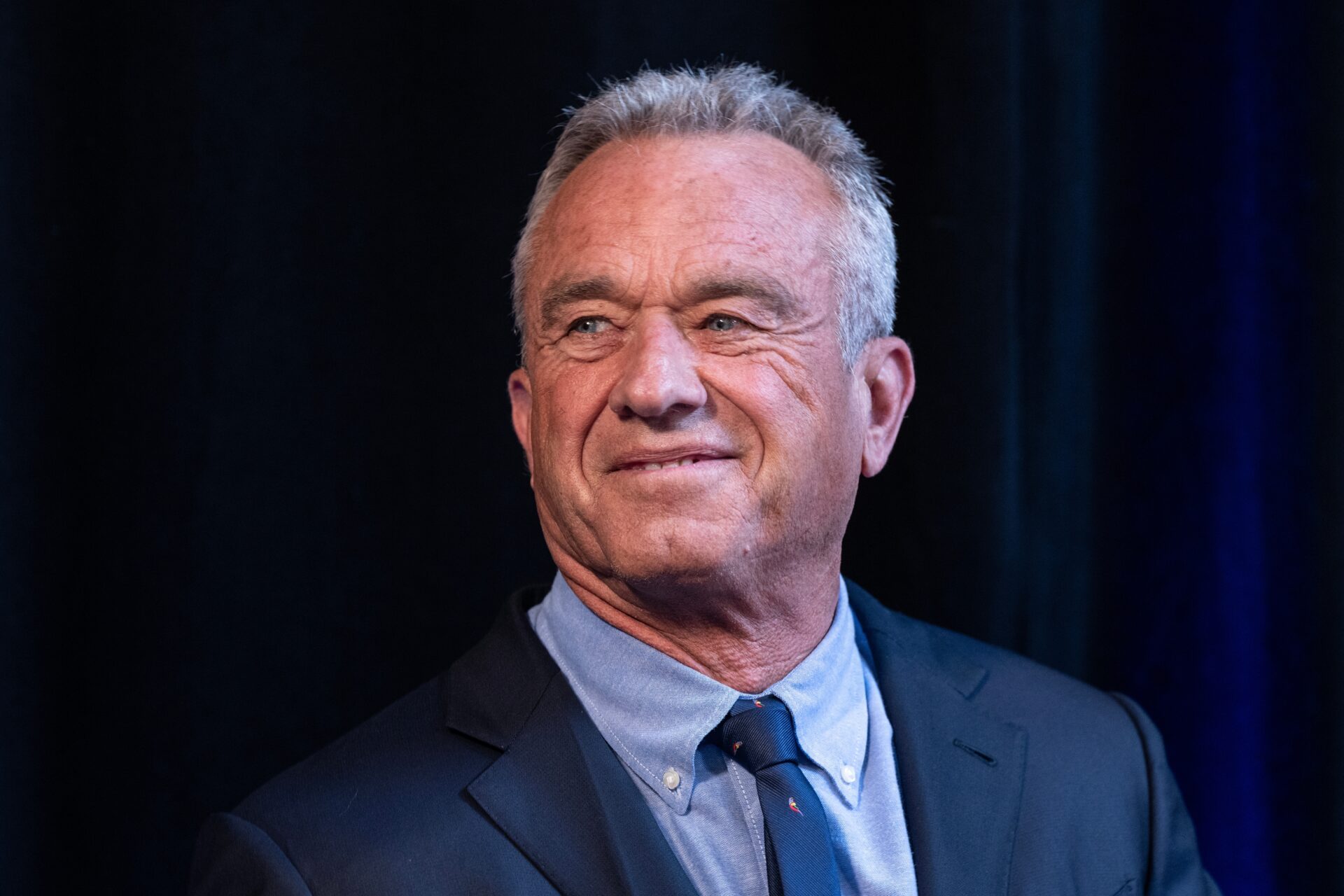
RFK Jr. Ponders Health Panel POLITICAL PURGE!
Robert F. Kennedy Jr., newly confirmed Secretary of Health and Human Services, is moving swiftly to remove key health advisory figures for what he calls ‘woke’ nonsense, threatening major upheaval in U.S. health policy.
At a Glance
• RFK Jr. plans to remove all 16 members of the U.S. Preventive Services Task Force (USPSTF)
• This follows his earlier dismissal of the Advisory Committee on Immunization Practices (ACIP)
• Kennedy criticizes ‘woke’ language and social determinants of health in USPSTF guidelines
• Experts warn this politicizes health panels and risks undermining evidence-based medicine
• Kennedy argues these moves aim to restore public trust in federal health recommendations
The Health Policy Earthquake
Robert F. Kennedy Jr.’s appointment as Secretary of Health and Human Services has already sent shockwaves through Washington with his bold challenge to established health advisory bodies. His latest target, the U.S. Preventive Services Task Force (USPSTF), is a federal panel tasked with evaluating preventive care guidelines that influence millions of Americans and insurance policies nationwide. Kennedy has accused the USPSTF of promoting “woke” language and recommendations, particularly criticizing its incorporation of social determinants of health and inclusive terminology.
This move comes just weeks after Kennedy’s unprecedented dismissal of the Advisory Committee on Immunization Practices (ACIP), which advises on vaccine policies. Citing conflicts of interest and the need to restore public confidence, Kennedy dismantled the entire committee. Now, a similar purge threatens the USPSTF’s 16 members, signaling an aggressive reshaping of federal health advisory structures.
Watch a report: RFK Jr. Takes On ‘Woke’ Health Panels · YouTube
Kennedy’s actions mark a sharp departure from decades of bipartisan support for evidence-based preventive care. Established in 1984, the USPSTF has long guided recommendations for cancer screenings, chronic disease prevention, and other critical health services. Critics warn that removing experts en masse based on ideological grounds risks disrupting essential health guidance, delaying recommendations, and destabilizing insurance coverage for preventive services.
Political Fault Lines and Public Fallout
The fallout from Kennedy’s sweeping overhaul has divided opinion sharply. Conservative commentators praise his efforts as necessary to counterbalance what they see as ideological overreach and cultural bias within health policy panels. They argue that the removal of “woke” influences will restore scientific rigor and rebuild public trust eroded by politicization.
In contrast, public health experts and medical professionals decry the dismissals as unprecedented and dangerously politicizing science. They warn the move jeopardizes the integrity of health recommendations that millions rely on for cancer screenings, vaccinations, and preventive care. Legal analysts also raise concerns about the lack of precedent for wholesale removals and the potential long-term damage to institutional expertise.
This crisis highlights the growing tension between political control and scientific independence in U.S. health governance. The decision to replace entire panels rather than individual members underscores a stark shift toward ideological oversight. The question now looms: will Kennedy’s purge lead to a healthier, more trustworthy system—or erode confidence and quality in public health guidance?
What Lies Ahead for American Health?
As RFK Jr. pursues his agenda against “woke” health policies, the nation faces uncertain consequences. The balance between political authority and scientific evidence in shaping health policy is at a critical crossroads. Insurance coverage tied to USPSTF recommendations may change, potentially impacting access to preventive services.
Kennedy’s tenure is poised to redefine the relationship between culture, politics, and medicine in America. The long-term effects on public trust, healthcare outcomes, and the nation’s preventive care framework remain unclear. Yet one thing is certain: this health policy shake-up will be remembered as a defining chapter in the battle over the future of American healthcare.